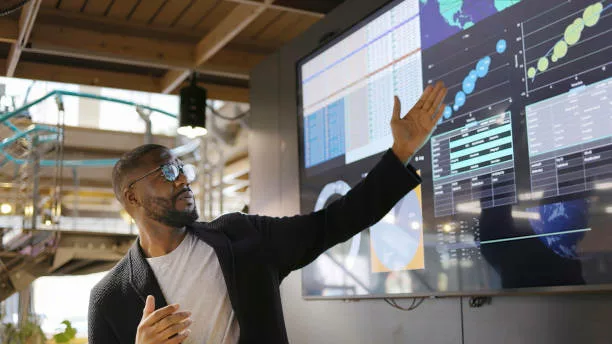Man as we all know is a social being. The Importance of Sociology of Education is something that we need to discuss in our conversations especially the ones relating to human social interactions. And sociology allows us to understand not only the basic human relationships. But it also helps us to know how to maintain a good social and emotional wellbeing.
Before we start to learn about the importance of sociology of education let’s understand what sociology in itself means.
What is Sociology?
Sociology is a social science that systematically studies human society and social interactions. It has different patterns of social relationships, social institutions, and the influence of social structures on individual and collective behaviors.
The primary goal of sociology is to understand and explain how societies function, evolve, and change over time.
Sociology is a social science that focuses on society, human social behavior, patterns of social relationships, social interaction. Also aspects of culture that is relevant to our everyday life. In simple words sociology is the scientific study of society.
It uses various methods of empirical investigation and critical analysis to develop a body of knowledge about social order and social change.
While some sociologists conduct research that may be applied directly to social policy and welfare, others focus primarily on refining the theoretical understanding of social processes. Subject matter can range from micro-level analyses of society (i.e. of individual interaction and agency) to macro-level analyses.
Traditional focuses of sociology include social stratification, social class, social mobility, religion, law, sexuality, gender, and deviance. As all spheres of human activity are affected by the interplay between social structure and individual agency. Also, sociology has gradually expanded its focus to other subjects and institutions. such institutions like health and the institution of medicine; economy; military; punishment and systems of control. The Internet; sociology of education; social capital; and the role of social activity in the development of scientific knowledge.
The range of social scientific methods has also expanded, as social researchers draw upon a variety of qualitative and quantitative techniques. linguistic and cultural turns of the mid-20th century, especially, have led to increasingly interpretative, hermeneutic, and philosophical approaches towards the analysis of society. Conversely, the turn of the 21st century has seen the rise of new analytically, mathematically, and computationally rigorous techniques, such as agent-based modelling and social network analysis.
So now, let’s take a brief look at the history of sociology
History of Sociology
Sociological reasoning predates the foundation of the discipline itself. Social analysis has origins in the common stock of universal, global knowledge and philosophy, having been carried out from as far back as the time of Old comic poetry which features social and political criticism and ancient Greek philosophers Socrates, Plato, and Aristotle, if not earlier. For instance, the origin of the survey (i.e. the collection of information from a sample of individuals) can be traced back to at least the Domesday Book in 1086. while ancient philosophers such as Confucius wrote about the importance of social roles.
Medieval Arabic writings encompass a rich tradition that unveils early insights into the field of sociology. Some sources consider Ibn Khaldun, a 14th-century Muslim scholar from Tunisia, to have been the father of sociology.
Social research has influence throughout various industries and sectors of life. Such as among politicians, policy makers, and legislators; educators; planners; administrators; developers; business magnates and managers. Also, social workers; non-governmental organizations; and non-profit organizations, as well as individuals interested in resolving social issues in general. As such, there is often a great deal of crossover between social research, market research, and other statistical fields.
Importance of Sociology of Education
01. It improves Communication:
Sociology helps individuals understand the underlying structures and hierarchies that exist within societies. This understanding enables people to be more sensitive to social contexts and tailor their communication appropriately to different groups or individuals. It also improves communication in certain ways by giving insights into social interactions, relationships, and the dynamics of human behavior within different group of people.
02. It aids knowledge acquisition:
Education is Power. Sociology gives room for the proper understanding of the social world. By examining the relationships between individuals, groups, and institutions. Sociology also helps us to see how society shapes our thoughts, behaviors, and experiences. This understanding can then be used to inform our own knowledge acquisition and improve our ability to learn something new.
03. It promotes tolerance and respect:
Sociology positively contributes to how people relate and tolerate each other. It fosters empathy, communication, and conflict resolution skills. However, it also promotes tolerance, respect, and understanding among people regardless of their backgrounds. It also encourages peace and harmony among people who are not from the same country, religion or ethnic groups.
Conclusion
Sociology is a vast field in social sciences, and there is still so much we can learn about the social world. However, the knowledge that we do have about sociology makes a positive difference in our lives. For instance, many sociologists share their knowledge to help others to improve their education, reduce poverty, and promote social justice.
Are you in need of an Educational Technology management solution that fits your school’s needs and requirements consider signing up for a free demo of our solution to see how it works. Click here to register for free.




